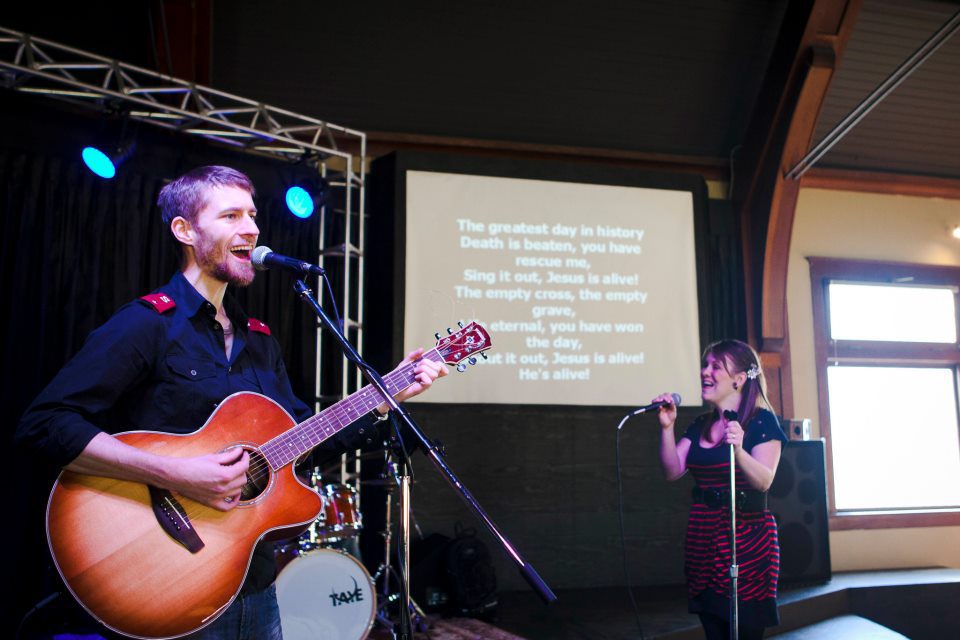In his recent book, Keeping Faith in Faith-Based Organizations: A Practical Theology of Salvation Army Health Ministry (Wipf & Stock Publishers 2012), Salvation Army International Health Secretary Major Dean Pallant provides a tremendous amount of research and in-the-field observation on the topic.
The book offers a formidable bibliography and vocabulary, and the reader must be prepared to spend time chewing the material. Its outline uses Swinton and Mowat’s four-stage model of practical theological reflection: description of the situation, cultural and contextual analysis, theological reflection, and formulating revised practice.
In reading through the economic analysis and discussion of the perils of professionalization of health services driven by western funders, I had to wonder why professional health care brought to Zambia “under the guise of western donor pressure” would be so much less desirable than church volunteers building relationships. My own filters as a nurse from North America resisted the negative sense of western worldviews. As an officer, I have served as a health volunteer in low income or free clinics, including at Adult Rehabilitation Centers. I carry a bias for healing health care practices and for bringing knowledge and skill to improve wellness.
While I agree that focusing on “survival of the fittest” and “market driven exploitation” of the poor are not healthy, in reading I also sensed a strong anti-entrepreneurial perspective.
Without giving away the ending and recommendations, Pallant leans heavily on the value of congregations and social capital that “moves beyond the hospital and biomedical framework.” Having the time and skills to engage in “deep listening” is not to put aside medical expertise, but to prevent further exploitation of the poor as a commodity in a competitive setting. Then, access to real healing can occur.
Understanding that this is a role for the faith-based organization in health ministry, I see the principles in my own experience in frontline primary care response in Salvation Army programs in North America. As a whole, it reinforced my conviction about the incredible value of being The Salvation Army—a faith-based organization engaged in health ministries.

















